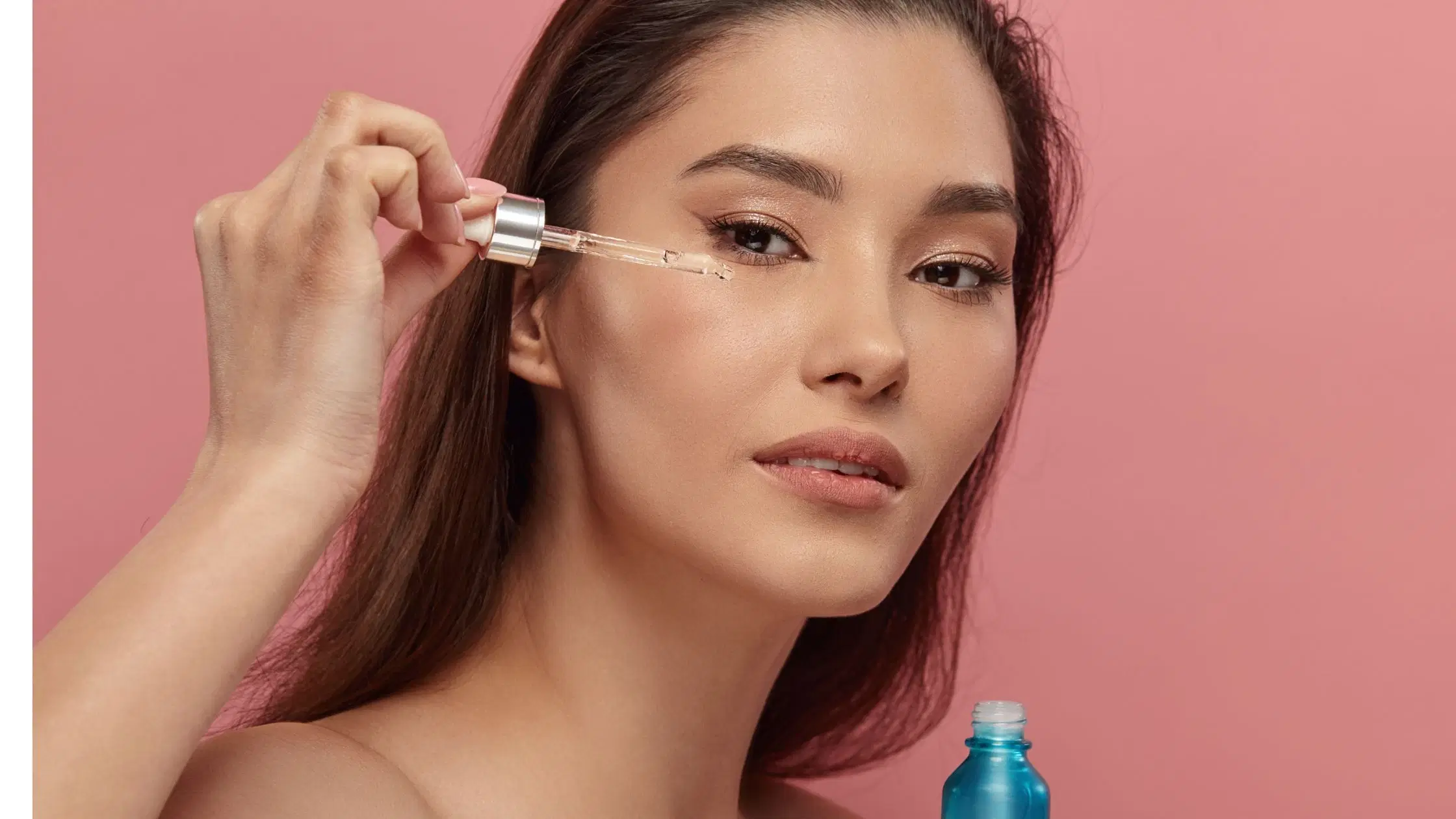
Beauty & Skincare
•03 min read
-9872eb55-9af0-4022-8644-bd8f05e8333e.png&w=3840&q=75)
Face serums are the unsung heroes of skincare routines, offering targeted solutions for various skin concerns. With so many choices available, figuring out what face serum should I use can seem overwhelming. In this guide, you will discover the different types of face serums, compare their benefits, and learn how to choose the perfect serum for your skin type and goals. You will leave with a clear understanding of which serum can help you achieve glowing, healthy skin.
Face serums are lightweight, fast-absorbing liquids packed with high concentrations of active ingredients designed to address specific skin concerns. Unlike moisturizers, which primarily add surface hydration, serums deeply penetrate your skin to deliver potent benefits. Using a face serum can lead to improved hydration and moisture retention, fighting signs of aging such as fine lines and wrinkles, and offering brightening effects for a more radiant complexion. In many skincare routines, serums act in harmony with moisturizers to boost overall skin health.
There are several types of face serums available that cater to a range of skin issues. Hydrating serums are best for dry skin and serum for sensitive skin as they use ingredients like hyaluronic acid, glycerin, and aloe vera to deliver intense hydration. They plump the skin and reduce dryness efficiently. Brightening serums, known as vitamin C face serum uses and other formulations with niacinamide or kojic acid, boost radiance and improve uneven skin tone for glowing skin. For those targeting signs of aging, anti-aging face serum benefits incorporate ingredients like retinol, peptides, and antioxidants that help reduce fine lines and boost collagen production. Meanwhile, acne-fighting serums are designed for oily skin or acne-prone skin, featuring ingredients such as salicylic acid, tea tree oil, and niacinamide to regulate oil production, unclog pores, and reduce inflammation.
Choosing the right serum involves matching the product to your skin type and concerns. If you have dry skin, look for hydrating face serums with hyaluronic acid to lock in moisture and ease dryness. Those with oily skin may find lightweight serums with niacinamide or salicylic acid work best to keep oils in check and prevent breakouts, while serum for sensitive skin should feature calming ingredients like chamomile, aloe vera, or centella asiatica to soothe any irritation. If your skin is a combination, a balanced serum with niacinamide can manage oily areas and hydrate dry patches. Additionally, if you desire a luminous, radiant look, opting for a vitamin C serum can help achieve a naturally glowing complexion. Pro Tip: Always perform a patch test before fully integrating a new serum into your routine, especially if it includes active ingredients like retinol or vitamin C.
-5ba1f1f6-995b-4617-a1ff-43890351cff7.png&w=3840&q=75)
When it comes to active ingredients, the choices can seem endless. Vitamin C is highly favored for brightening skin, reducing dark spots, and fighting free radical damage, making it one of the best face serum for glowing skin options. Retinol, on the other hand, promotes cell turnover to reduce wrinkles and improve skin texture, proving effective as an anti-aging ingredient. Niacinamide is beneficial for minimizing pores, regulating oil production, and reducing redness, which is especially useful if you are searching for a face serum for oily skin. Hyaluronic acid stands out as a top hydrating face serum ingredient, offering deep hydration and a plumping effect that benefits dry and sensitive skin.
Insight Corner: Combining Key Ingredients
Did You Know? Vitamin C and niacinamide are a powerhouse combination for enhanced brightening and anti-inflammatory benefits. When layering actives, ensure proper spacing and application techniques to protect your skin from irritation.
The debate between natural versus synthetic ingredients in face serums is ongoing within the skincare community. Natural ingredients such as aloe vera, green tea extract, chamomile, and rosehip oil are well-loved for being gentle, minimizing irritation, and often being more eco-friendly. Synthetic ingredients, like retinol, peptides, salicylic acid, and even hyaluronic acid in some formulations, are developed scientifically to deliver more robust and targeted results rapidly. Choosing between them depends on your personal preferences and skincare goals. If you lean towards clean beauty, serums that emphasize natural ingredients might be the way to go. However, if your focus is on targeted concerns like anti-aging or acne treatment, synthetic options often provide faster noticeable benefits.

Identify your skin type and concerns first. For example, dry skin benefits from hydrating serums while oily skin may need oil-regulating ingredients.
The best serum depends on your skin needs. Vitamin C serums are ideal for brightening, while hyaluronic acid serums excel in providing hydration.
Retinol is more suited for reducing wrinkles and improving texture, whereas vitamin C is better at brightening and evening out skin tone. They can be used alternately, not simultaneously.
For combination skin, look for a balanced serum that addresses hydration in dry areas while controlling excess sebum in oilier regions.
Choosing the perfect face serum starts with understanding your skin type and individual concerns. Whether you need intense hydration, a boost for that radiant glow, or powerful anti-aging effects, there is a serum designed for you. By comparing ingredients and exploring different types, you can confidently decide which serum aligns with your skincare goals. Embrace your skincare journey, empowered by knowledge and a touch of self-expression, and unlock your skin's full potential for health and beauty on your path to authentic self-care.